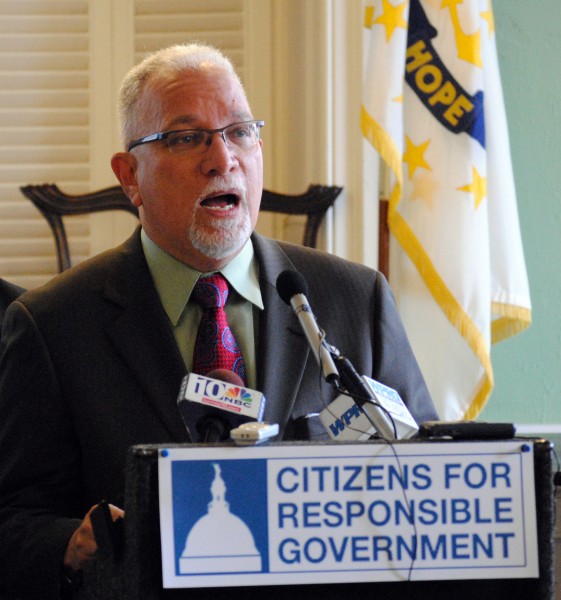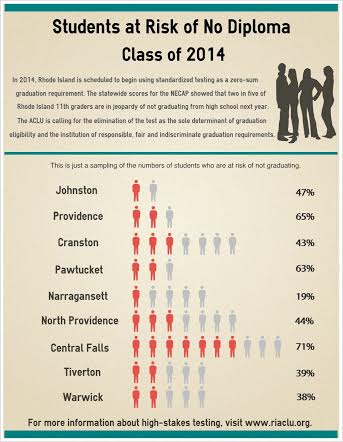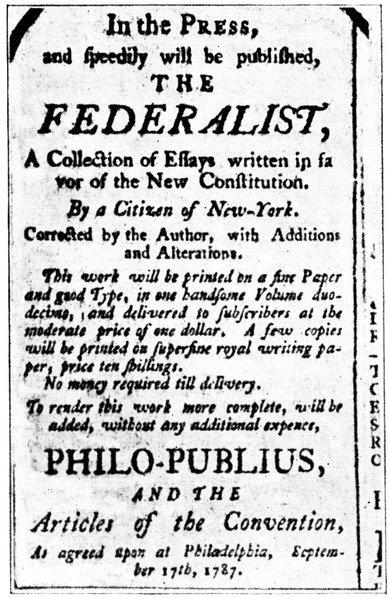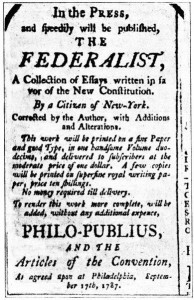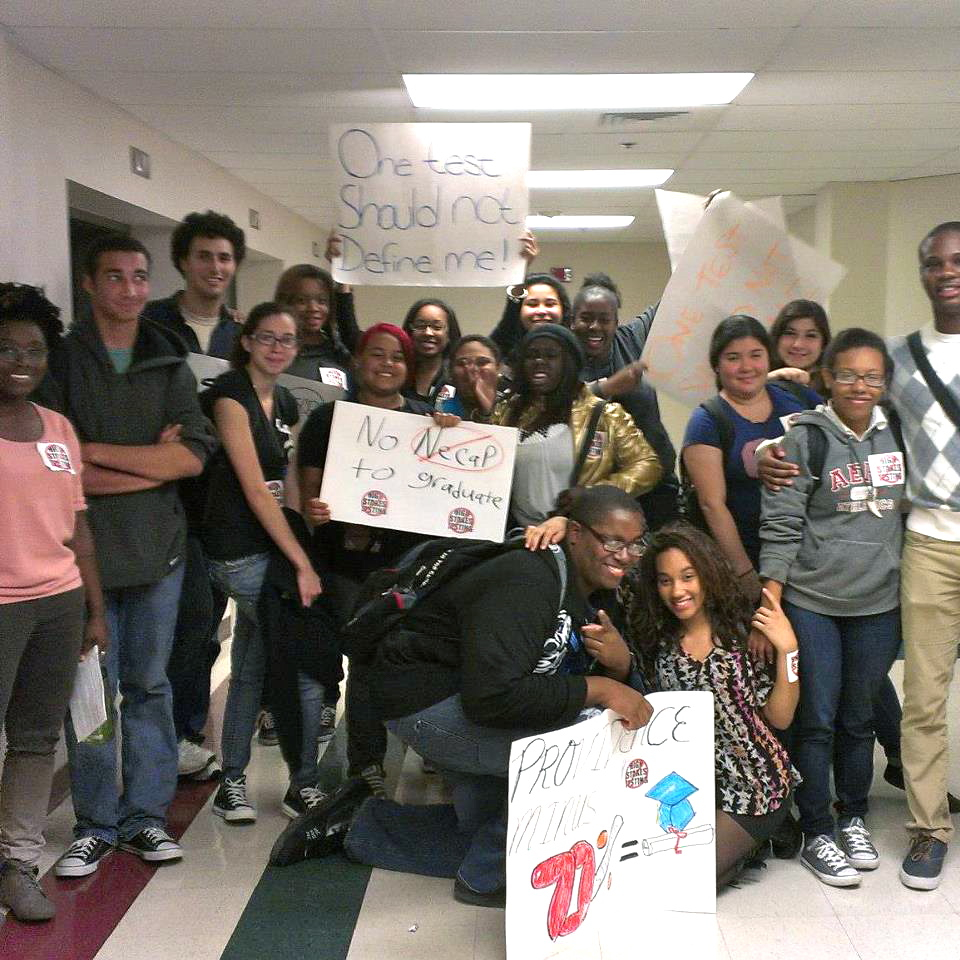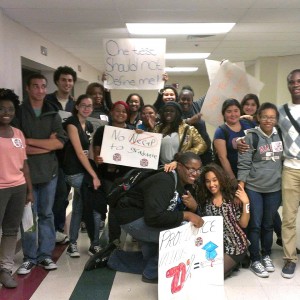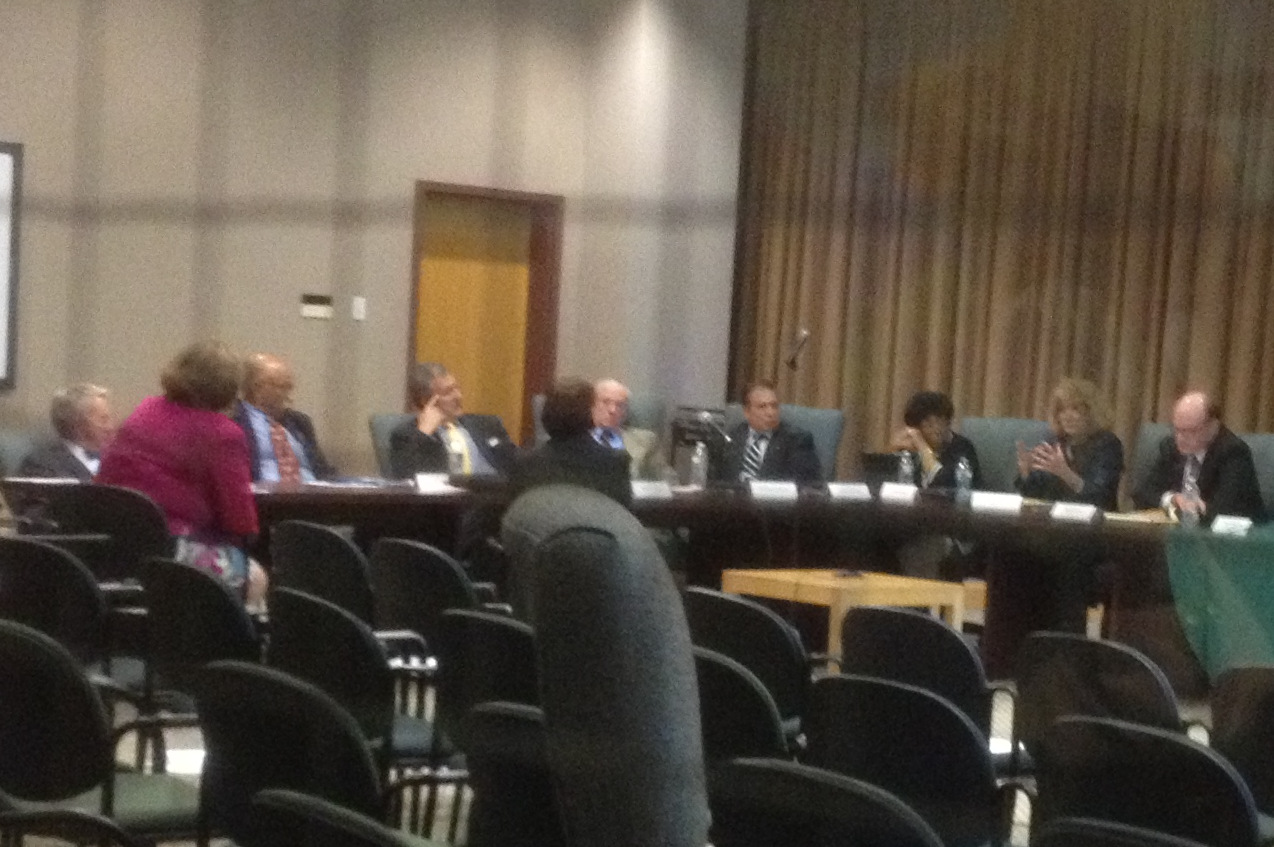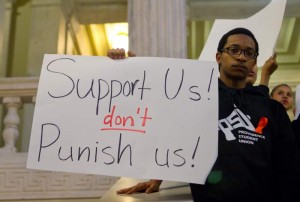
A Providence woman was denied the right to vote, according to an ACLU press release which details four incidents in which Rhode Island’s controversial voter ID law caused problems at the polls on primary day.
“An elderly Hispanic woman who did not have identification was turned away from voting in Providence,” says the press release. “According to a poll watcher, the warden wrongly told her ‘even for a provisional ballot, you need an ID.’ The woman left without casting a ballot. The warden confirmed to the poll watcher that this was her understanding of the rules.”
The woman did not give her name, and did not speak with the poll watcher, said Johanna Kaiser, an ACLU spokeswoman. “Under the law, any person without proper ID is supposed to be given a provisional ballot, and if the signature they provide matches the one on their voter registration, the ballot ends up getting counted.” said the ACLU press release.
The ACLU had approximately 12 poll watchers at voting locations in Rhode Island and identified four “problems” – three on election day and one with an early voter.
According to the press release, a man casting an emergency ballot the day before the primary “was initially not given a provisional ballot, but instead was told he was unable to vote because he did not have proper identification. He got to vote only because another person waiting in line, who was familiar with the law’s requirement, forcefully advocated on the voter’s behalf.”
Here’s how the ACLU described the other two incidents:
- “A Providence man with an expired license was initially told he could not vote. He told the ACLU that poll workers did not give him a provisional ballot until he showed them in writing that provisional ballots are available to voters without proper identification.”
- “Poll workers in Pawtucket denied a voter a provisional ballot when he did not show photo ID. The voter, who was aware of his right to such a ballot, explained the law to the workers, who then had to call a supervisor. It then took poll workers 45 minutes to determine how to administer a provisional ballot, according to the voter.”
Said Steve Brown, executive director of the RI ACLU: “The voter ID law was promoted by the Secretary of State as necessary to address an alleged perception of voter fraud. Yet the implementation of this law is in fact, not in perception, denying qualified voters the right to vote. That is where the real concern should be, and why the law should be repealed.”
Kaiser added, “We will again be sending letters to the the Board of Elections raising concerns about poll workers not being given clear enough instructions about their obligations under the law, and urging the Board to address this before the November election. The ACLU and other organizations sent letters to the Board ahead the primary, but to our knowledge the Board took no further action.”











